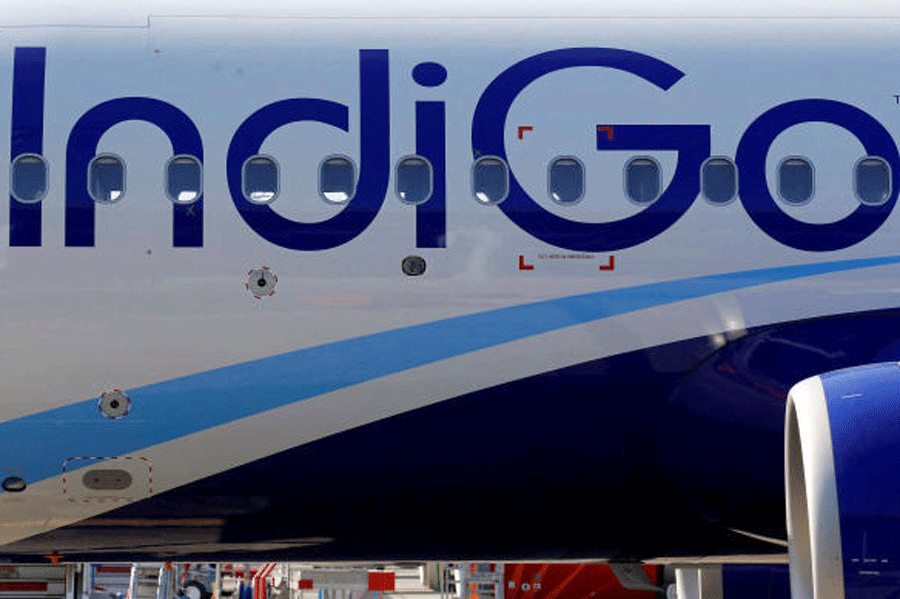The country's largest airline IndiGo on Thursday announced the withdrawal of fuel charge that was collected from passengers, a move that will reduce airfares by up to Rs 1,000 on certain long routes.
In the wake of a spike in jet fuel prices, the airline started levying the fuel charge on each domestic and international ticket from October 6, 2023. The quantum of the fuel charge varied from Rs 300 to up to Rs 1,000 depending on the distance.
The airline, which is expanding its operations, said the fuel charge has been withdrawn with effect from January 4, due to the recent reduction in Aviation Turbine Fuel (ATF) prices.
"As ATF prices are dynamic, we will continue to adjust our fares and components thereof, to respond to any change in prices or market conditions," IndiGo said in a statement.
Fuel cost accounts for a significant chunk of a carrier's operational costs.
Last year, IndiGo was also the first Indian carrier to announce that they would levy fuel charge to offset the spike in ATF prices.
A fuel charge of Rs 300 was levied from each passenger if the flight distance was up to 500 kilometres and the amount was Rs 400 for a distance of 501-1,000 kilometres.
The fuel charge was Rs 550 for 1,001-1,500 kilometres, Rs 650 for 1,501-2,500 kilometres and Rs 800 for 2,501-3,500 kilometres.
The amount was Rs 1,000 for 3,501 kilometres and above. With the removal of the fuel charge, the overall ticket price for an IndiGo passenger will come down by at least Rs 300 and up to Rs 1,000.
In recent times, there have been concerns in various quarters about rising airfares at a time when the domestic air traffic is on an upward trajectory.
Last month, the civil aviation ministry advised airlines to self-regulate and keep passengers' interest in mind while fixing the fares. While announcing the introduction of the fuel charge, IndiGo, on October 5 last year, had said the decision was on account of a significant increase in ATF prices.
"ATF accounts for a substantial portion of an airline's operating expenses, necessitating fare adjustment to address such a cost surge," it had said.
The fuel charge was introduced from October 6, 2023. IndiGo is the country's largest airline. In November 2023, IndiGo carried 78.76 lakh passengers and had a domestic market share of 61.8 per cent, as per official data.
Civil aviation minister Jyotiraditya Scindia, last month, informed the Lok Sabha that airfare is neither established nor regulated by the government.
"The fares are fixed by airlines keeping in mind the market, demand, seasonality and other market forces. The airfare increases with increase in demand of seats as the lower fare buckets get sold out faster and move to higher fare buckets," he had said.
Scindia had also said the ministry had consultations with airlines and the representatives were advised to self-regulate and keep passengers' interest in mind while fixing the airfares.
"Airlines have also been sensitised to exercise moderation in pricing, and to keep passenger interest in mind. The airlines have committed to ensuring that airfares do not surge during events such as natural disasters, calamities, etc," he had said.
Except for the headline, this story has not been edited by The Telegraph Online staff and has been published from a syndicated feed.










